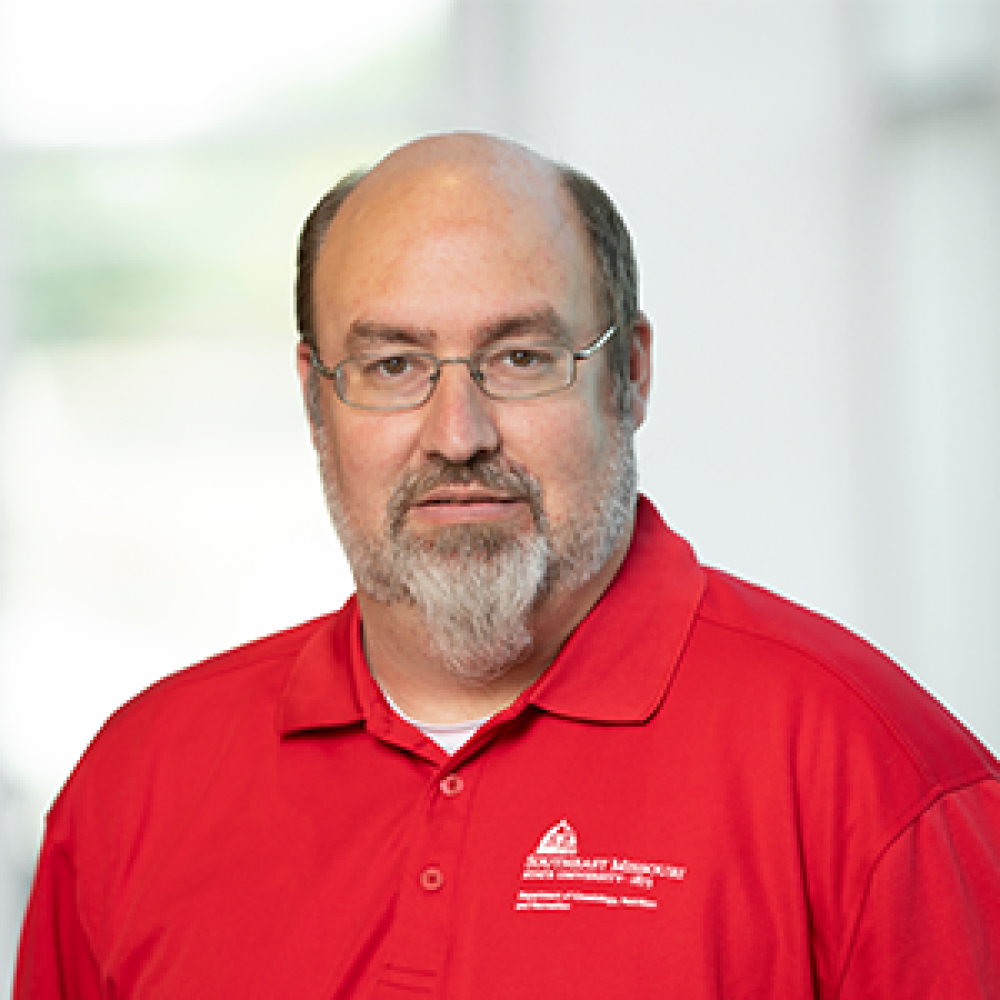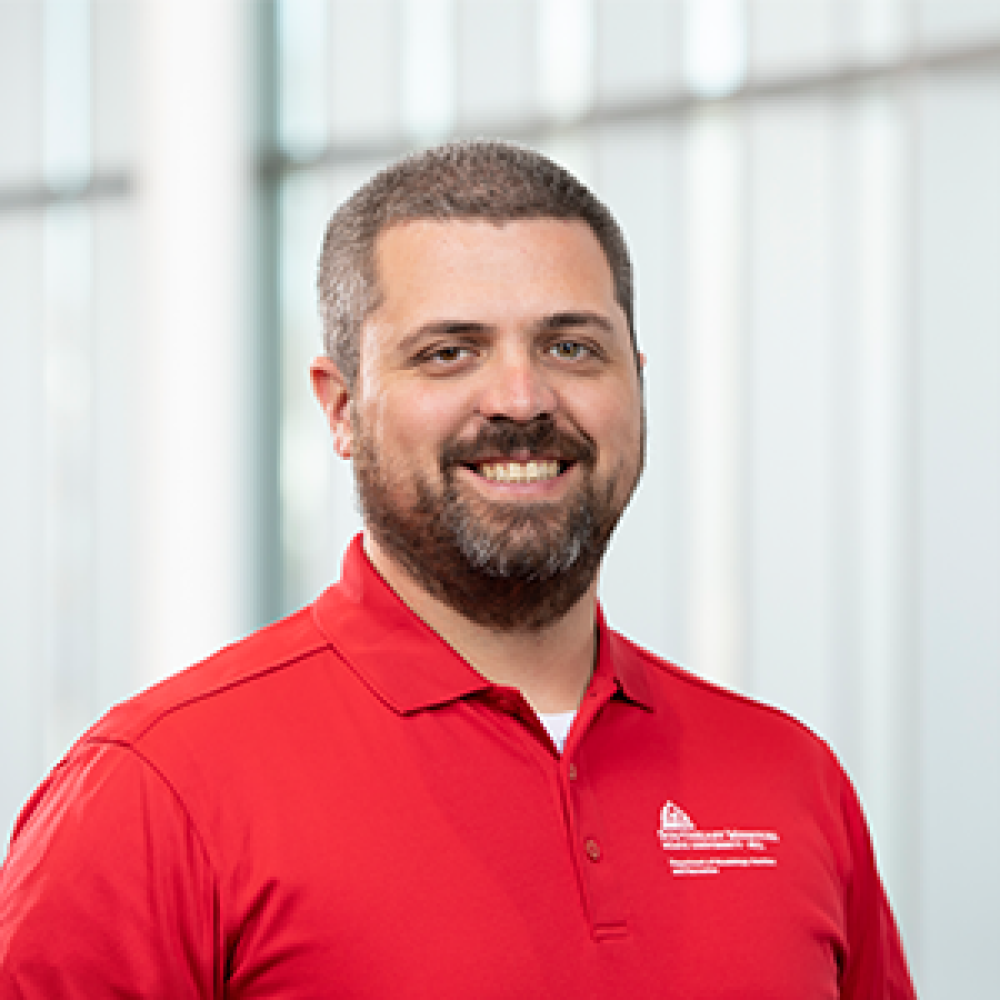
Using Generative Artificial Intelligence Large-Language Model Platforms To Promote Learning and Lessen Athletic Training Faculty Workload
Abstract:
Multiple generative artificial intelligence interface programs have become publicly available for free. Athletic training educators can utilize these generative AI platforms in various ways to reduce their overall workload. Large-language models can be used to assist in developing case-based scenarios, course and program learning objectives, athletic training student critical thinking and appraisal of information and other types of learning assignments. This lecture will present common and freely accessible generative AI large-language model platforms, their current strengths and prompt development. This lecture will also incorporate examples of generative AI into multiple aspects of athletic training education assignment development and program administration. By demonstrating various usages and ways to enhance prompt development, athletic training educators can learn and consider how generative AI and large-language model platforms can ease some of their daily and programmatic burdens and limitations.
Learning Objectives:
- Recognize the strengths and limitations of current generative AI platforms.
- Demonstrate generative AI outputs relative to athletic training education situations.
- Determine how to incorporate generative AI platforms into faculty workload.
Level:
Essential
Domain(s):
Domain 2: Assessment Evaluation and Diagnosis
Domain 4: Therapeutic Intervention
CEUs:
0.5 Category A
Track: Pedagogy
Format: Lecture
In order to earn your CEUs, you must watch the session video in its entirety and complete the assessment.

David Tomchuk, DAT, ATC, LAT
David is an Assistant Professor of Health Sciences and Athletic Training and the Coordinator of Clinical Education for the Southeast Missouri State University Athletic Training Program. David received his undergraduate degrees from Southern Oregon University, his master’s degree from the University of Nevada, Las Vegas, and his clinical doctorate in athletic training from A.T. Still University.
David is a member of the NATAREF Student Writing Contest Committee and the Mid-America Athletic Trainers’ Association Vendor Committee. David also volunteers for the CAATE, BOC, and NATA. David’s current research projects involve integrating artificial intelligence into athletic training workflows, ankle sprain injury prevention programs, and quality improvement initiatives.

Kyle Schneider, EdD, ATC
Kyle Schneider is an Associate Professor and Program Director of the professional athletic training program at Southeast Missouri State University in Cape Girardeau, Missouri. Kyle also serves as the Coordinator for the Clinic for Health in the Arts (CHART) clinic, an AT clinic dedicated to providing services to a collegiate performing arts clinic. In addition to his responsibilities on campus, Kyle has also served the AT profession as the Mid-America Athletic Trainers Association (MAATA) Annual Meeting Coordinator and a CAATE peer reviewer. Kyle lives in Cape Girardeau, Missouri, with his wife and one-year-old son.

